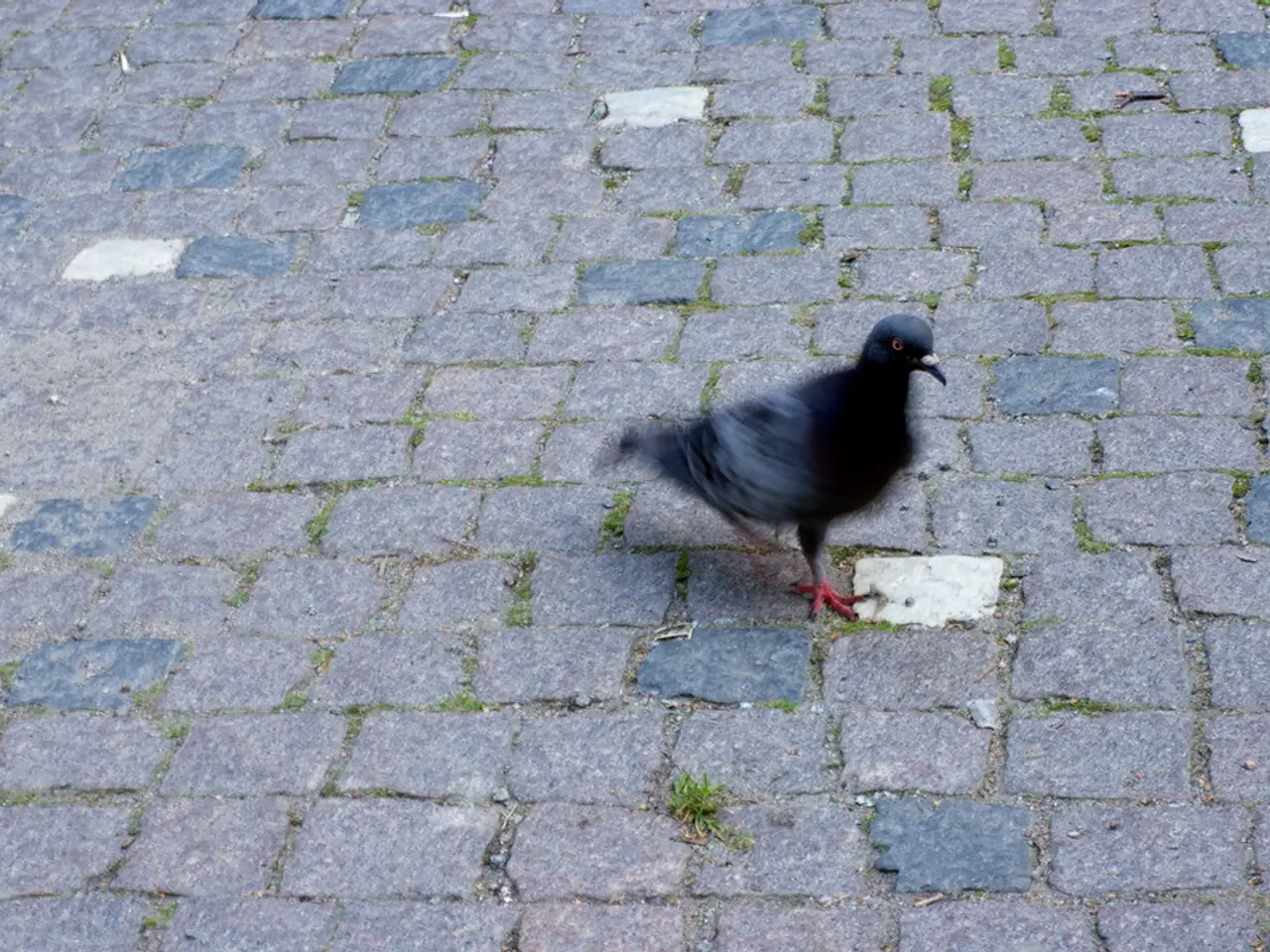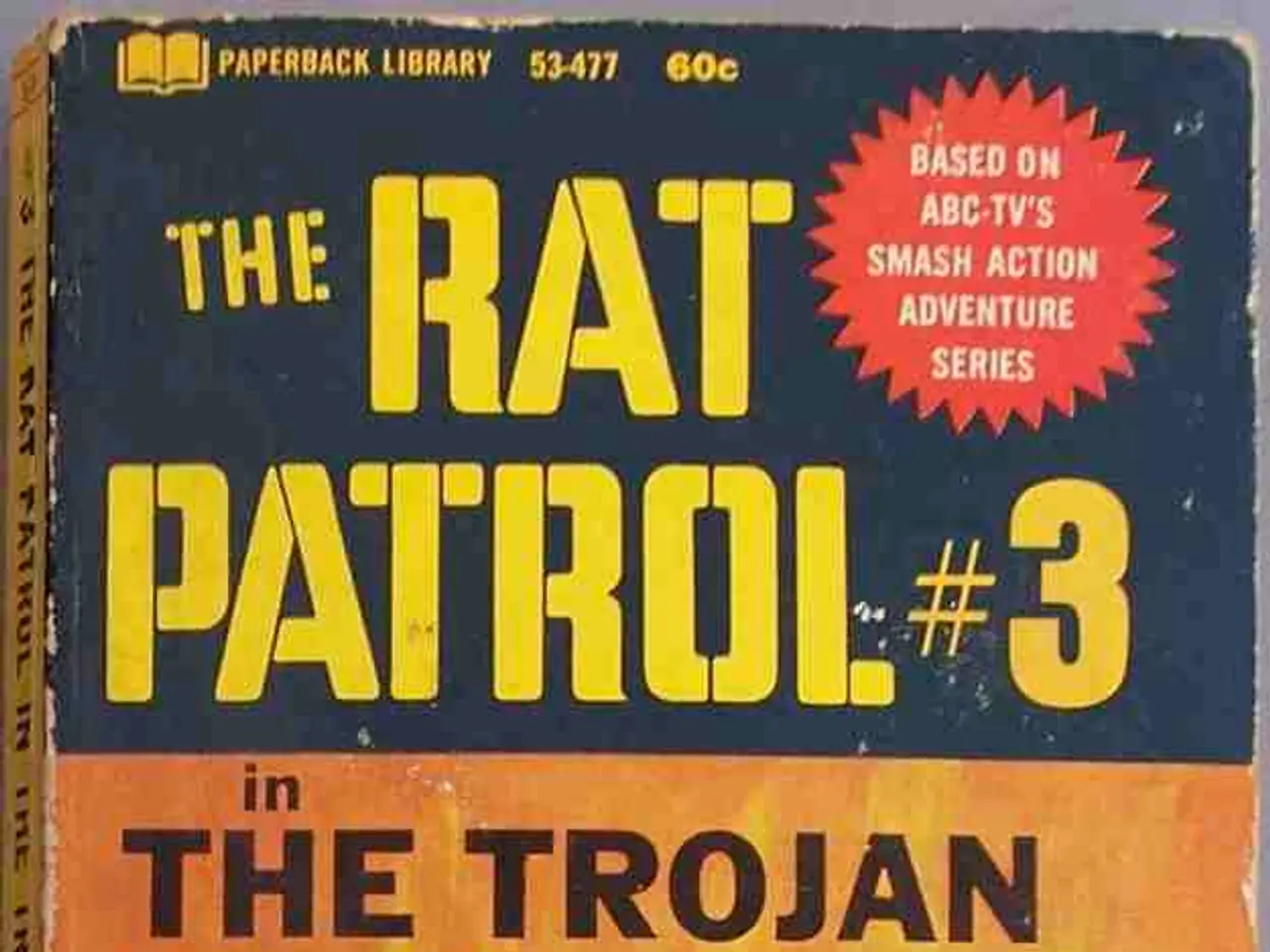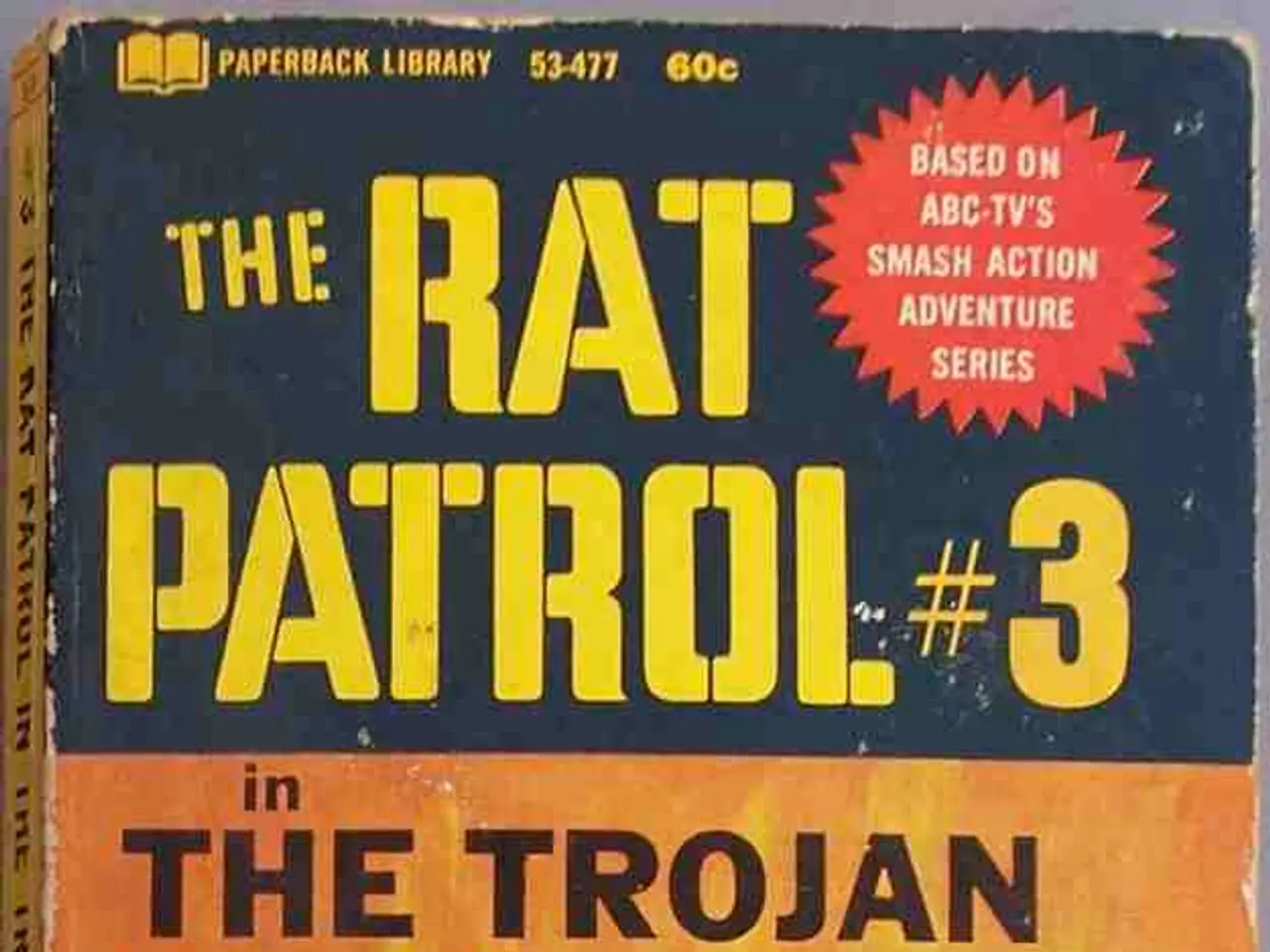Penalty for Feeding Pigeons in Residential Areas: Potential Monetary Fines
In a recent development, the State Duma of Russia is considering two bills that aim to regulate the feeding of stray animals in specific areas. The proposed legislation, if passed, would ban the feeding of stray animals in territories adjacent to buildings and facilities of medical organizations, sanatoriums, pharmacies, cultural institutions, social services, educational organizations, playgrounds, sports facilities, and potentially near apartment buildings as defined by the Housing Code. Regional authorities would have the power to expand this list with their own regulatory acts.
The focus of the proposed ban is primarily on stray dogs and animals posing risks to public safety and hygiene. However, it is important to note that the ban may include other stray animals, such as birds, if they are found in these restricted zones.
For individuals who violate the proposed ban, fines have been set. For a first-time offense, the fine ranges between 2,000 and 3,000 rubles, while repeat offenses could result in fines between 3,000 and 5,000 rubles. For organizations, the fines are significantly higher, with first-time offenses attracting fines between 100,000 and 250,000 rubles, and repeat offenses between 250,000 and 400,000 rubles.
It is crucial to note that the mere act of feeding birds is not prohibited. Punishment will only follow if a violation of sanitary norms is proven. Evidence such as photos, videos, or witness testimony will be required to enforce responsibility.
Before contacting the police or Rospotrebnadzor, it is recommended to submit a complaint to the managing company for explanatory work. The liability is applicable under Article 8.2 of the Code of Administrative Offenses.
It is essential to emphasize that the article does not specify if the ban on feeding stray animals is already in effect or proposed. The details are still under discussion and legal review.
It is also important to note that this proposed ban is related to the sanitary and epidemiological well-being in residential areas. However, it is unclear at this stage what the motivation or reason behind the potential ban on feeding stray animals is.
In conclusion, the proposed ban forbids feeding stray animals in federally and regionally designated public and residential-related areas, with administrative penalties related to non-reporting and potentially feeding in restricted zones. It is advisable to stay informed about any updates regarding this proposed legislation to avoid potential fines.
- The policy-and-legislation concerning stray animals in Russia is currently considering a ban on feeding stray animals in specific areas, which includes regions near apartments as defined by the Housing Code and other specific zones like medical, cultural, educational, and sports facilities.
- This proposed ban on feeding stray animals in certain zones is part of the general-news and politics in Russia, with fines for individuals and organizations set if the ban is violated, and the possibility for fines to increase for repeat offenses.








